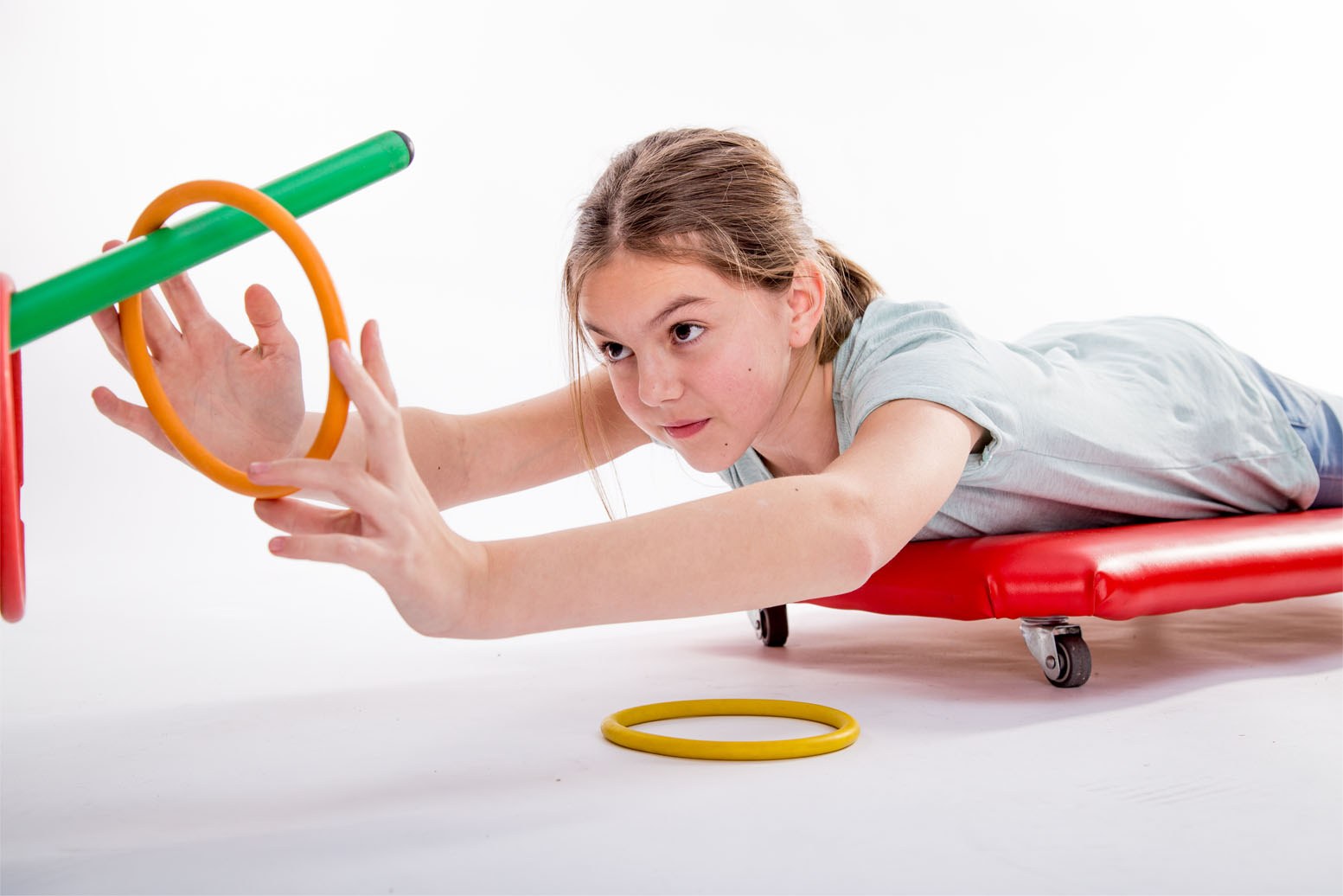Sensory processing difficulties can affect adults and children in all manner of ways.
Sensory processing is the way in which our body takes in and makes sense of the information around us. Our senses include hearing, vision, touch, taste and smell as well as vestibular processing (which helps with balance and movement), proprioception (awareness of our body in the space around it) and interoception (awareness of our internal body feelings). We use our senses every day to interact with the world.
Some examples of sensory processing difficulties:
- When certain sensory information becomes overwhelming and the individual feels unable to cope, they may try to avoid certain things, people or places.
- Seemingly ordinary, everyday sensations can become difficult to tolerate, such as showering, wearing certain clothes, food textures or teeth brushing.
- Sensations can be used to help the individual regulate themselves, but in turn this can create a problem in another area, e.g. having to move around a lot in lessons, lectures or meetings.
- When individuals become overwhelmed by sensory information it can make it more difficult for them to communicate their needs.
- Sensory sensitivities can lead to higher stress and anxiety levels in adults and children. They can become overwhelmed more easily.
- Individuals present differently from one day to the next. Their sensory needs may be context specific or be influenced by other factors, such as mood, tiredness or stress levels.
Our Occupational Therapists are extremely experienced in assessing individual needs and providing advice and appropriate solutions.



“CPPS are always on hand to give us advice and the sessions are a joy to watch. The relationship that xxxx has built up with our OT is just lovely to see, thank you so much!!”



